Customer Services
Copyright © 2025 Desertcart Holdings Limited


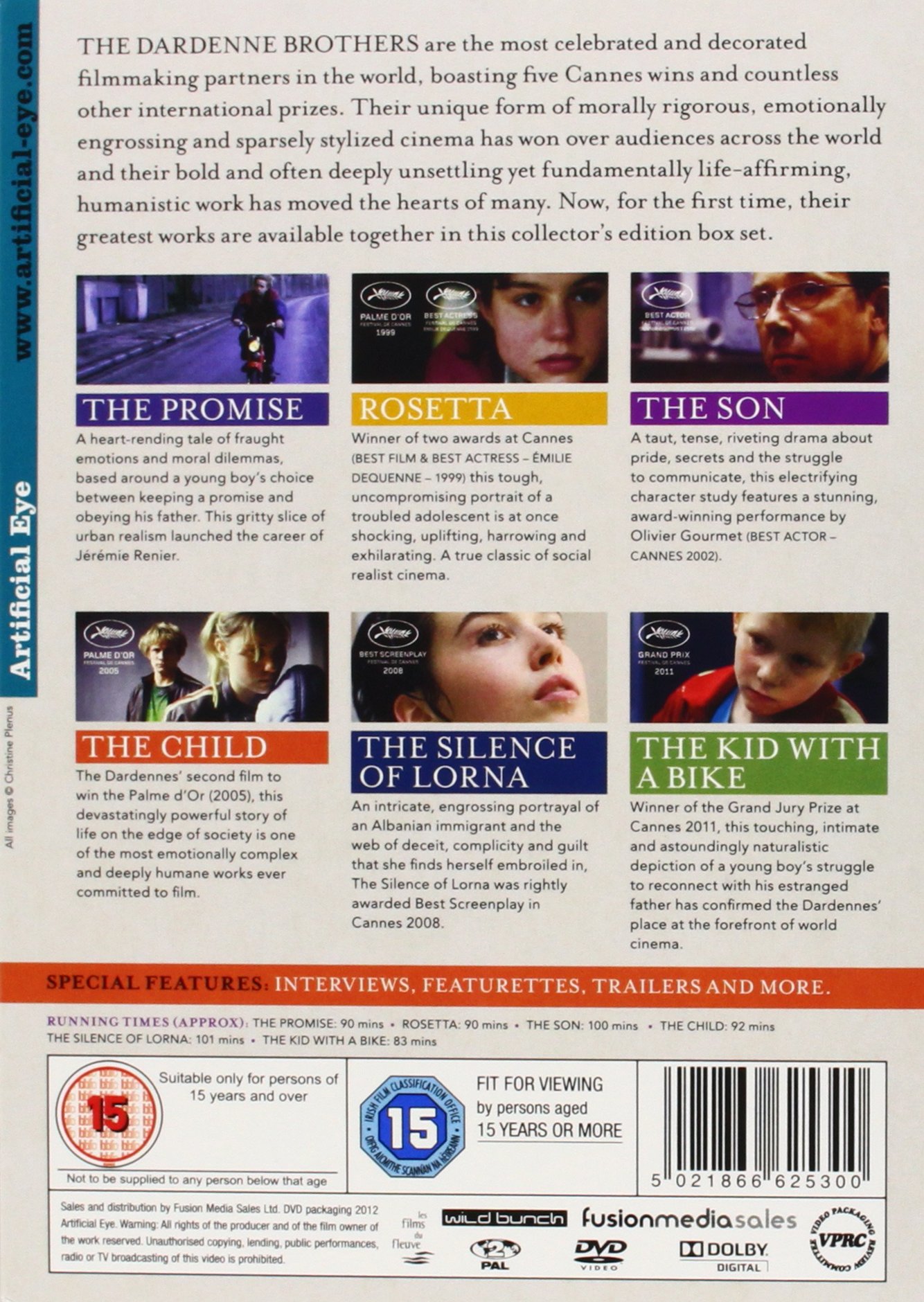
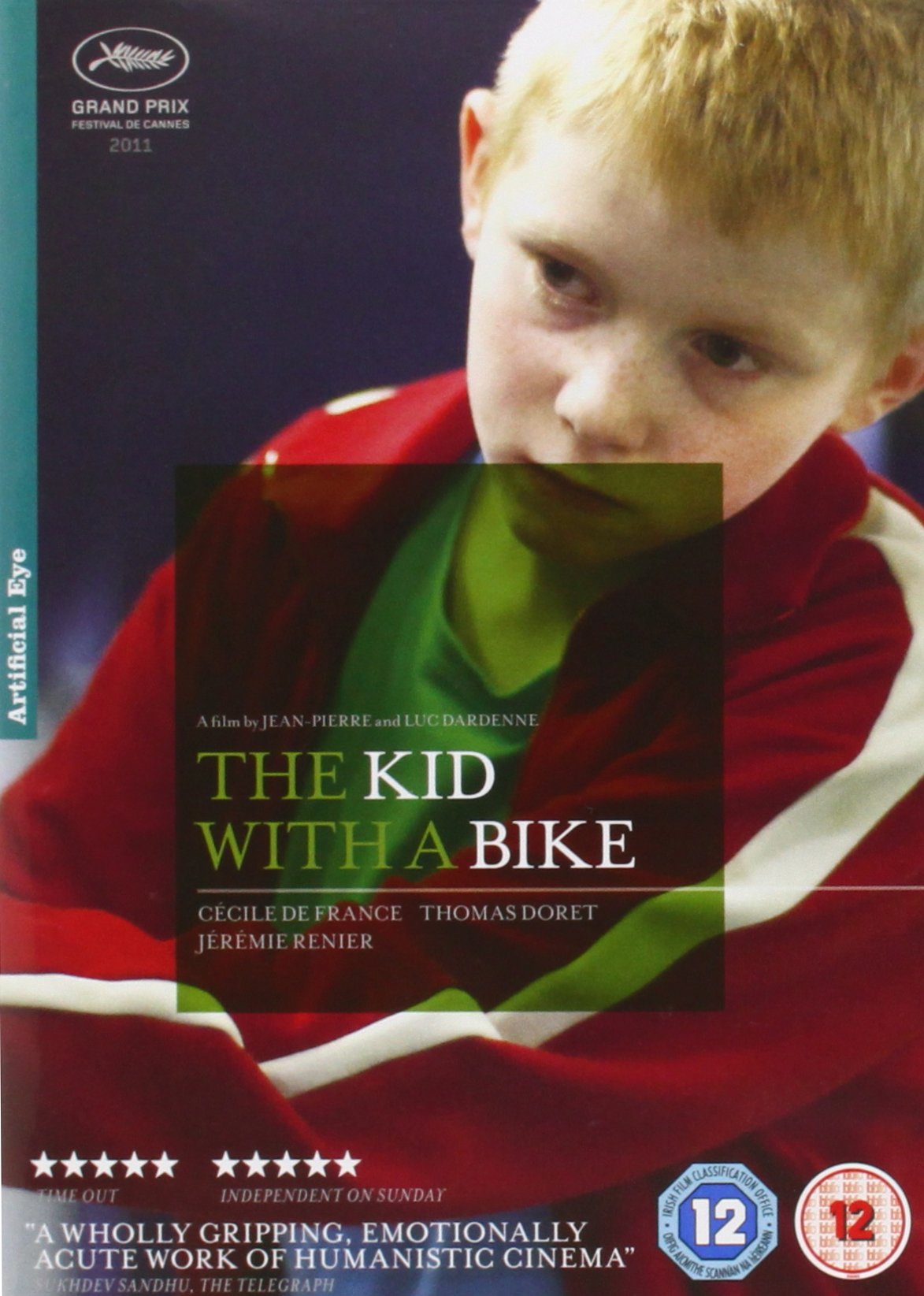
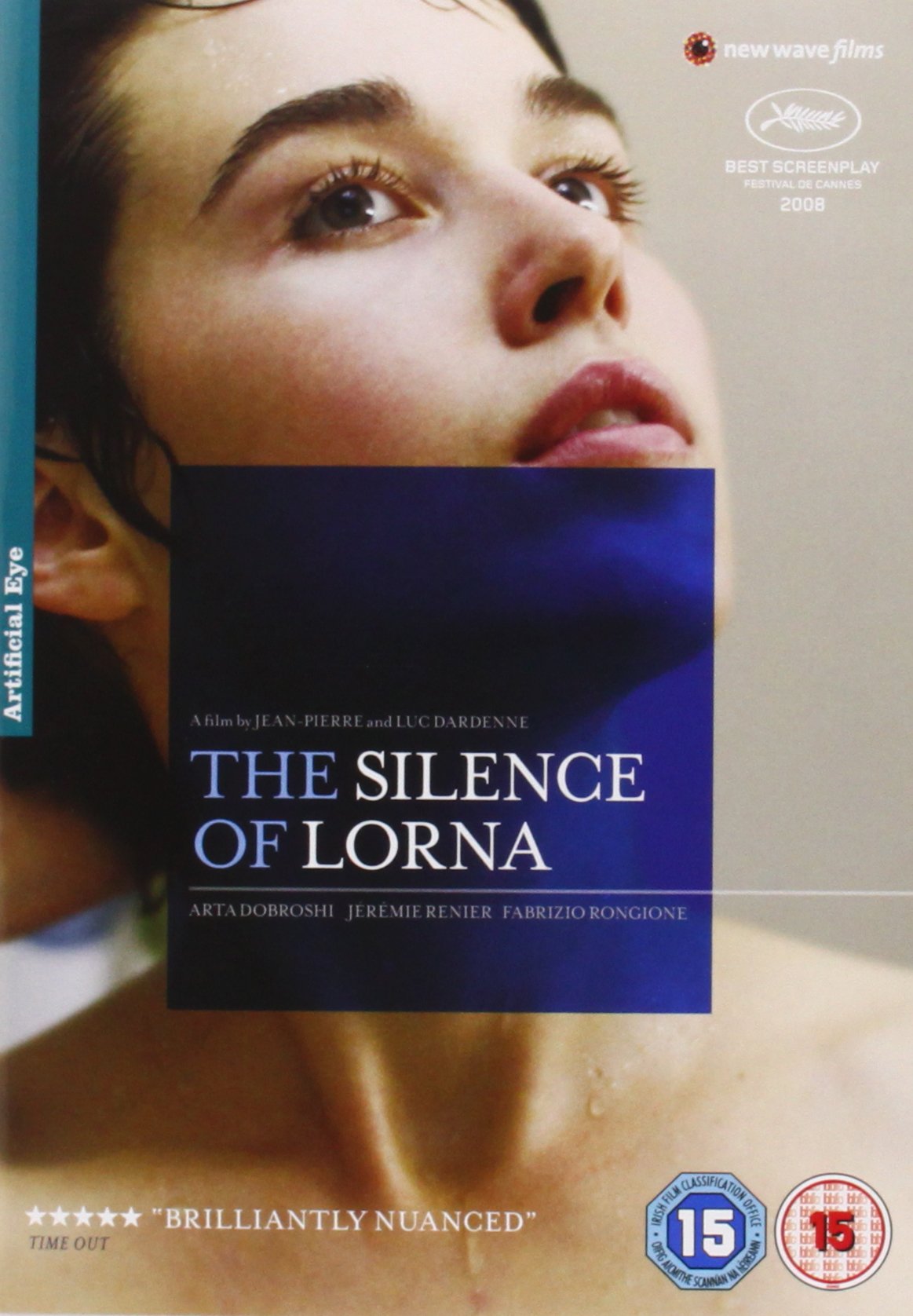
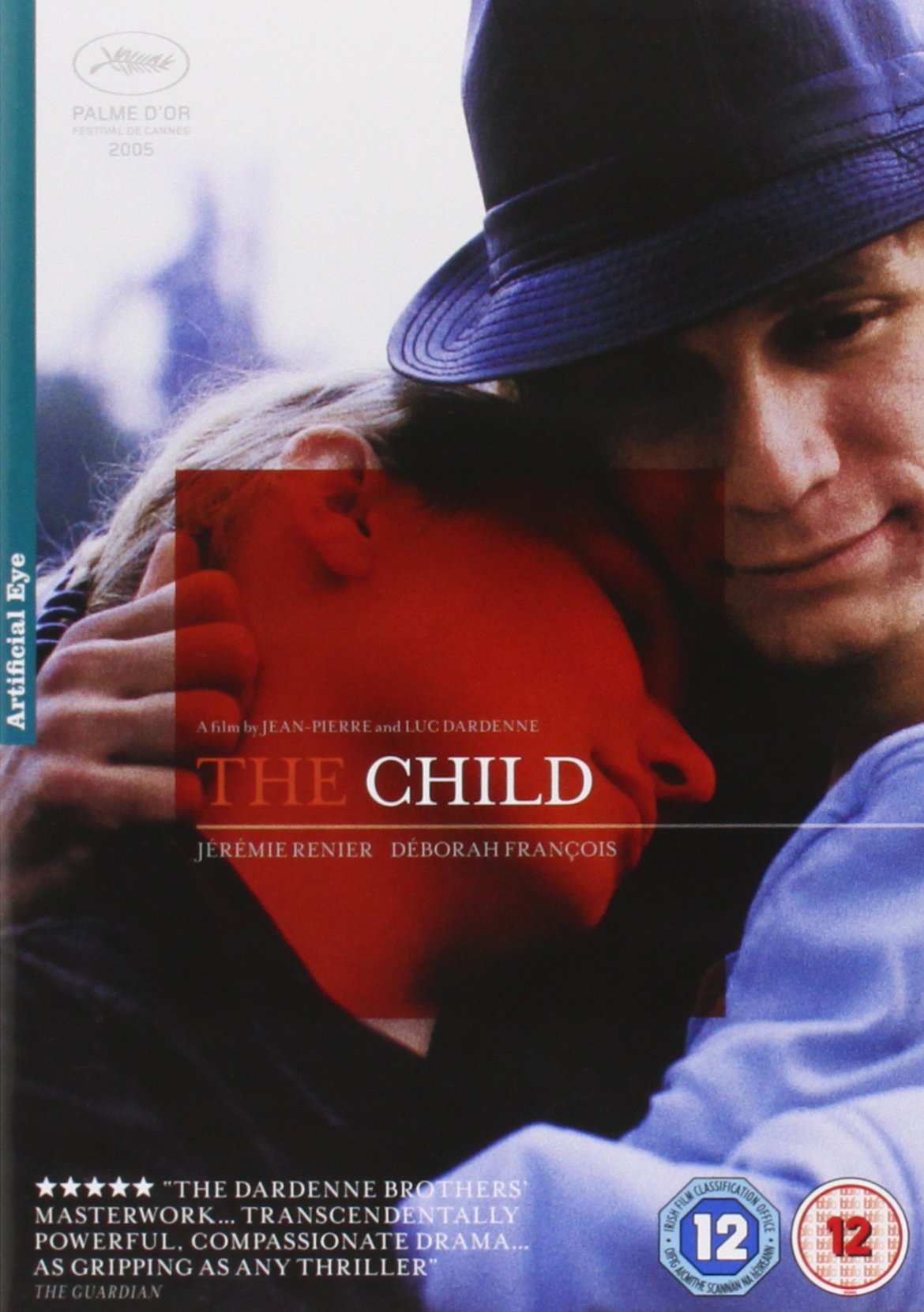
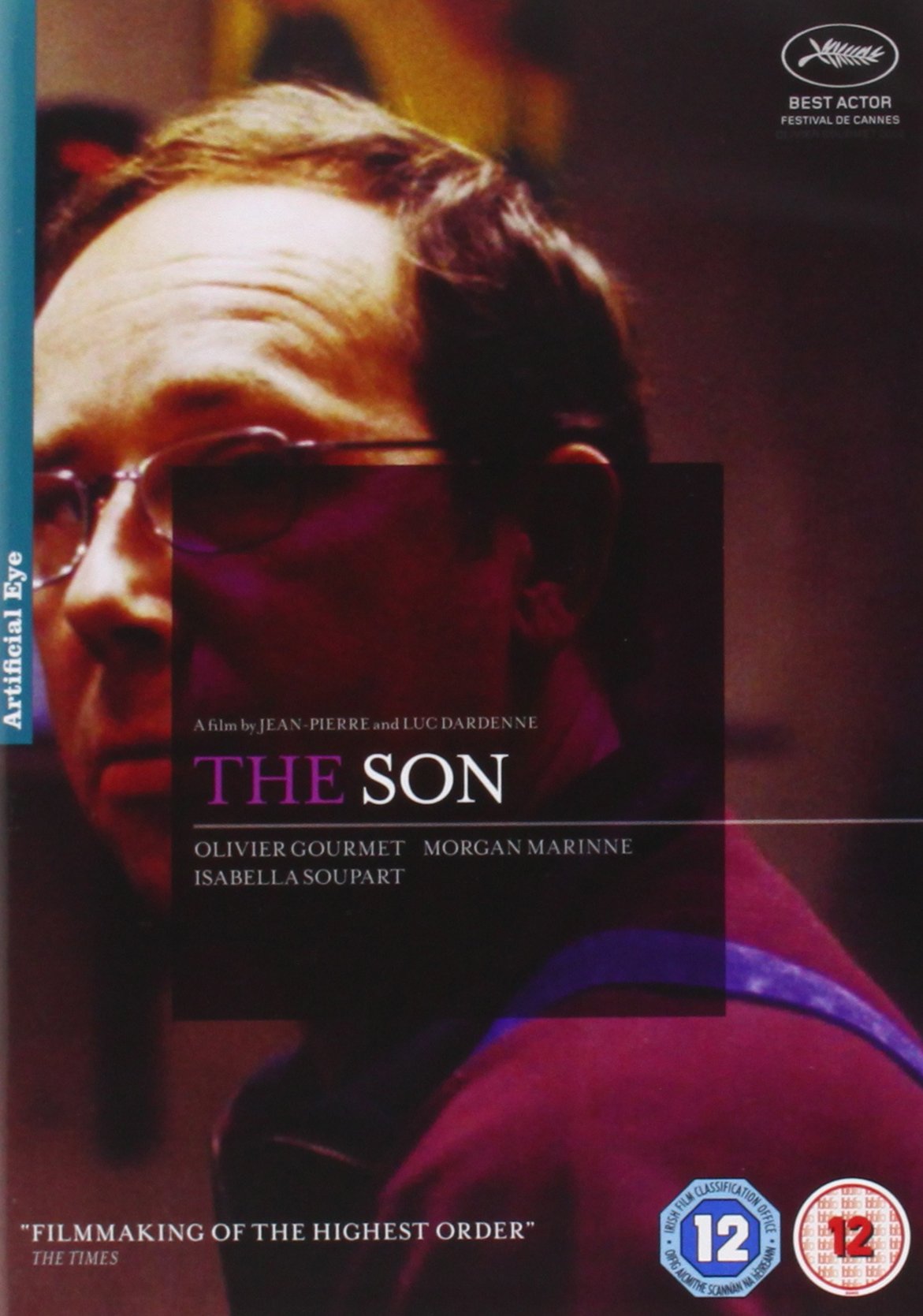
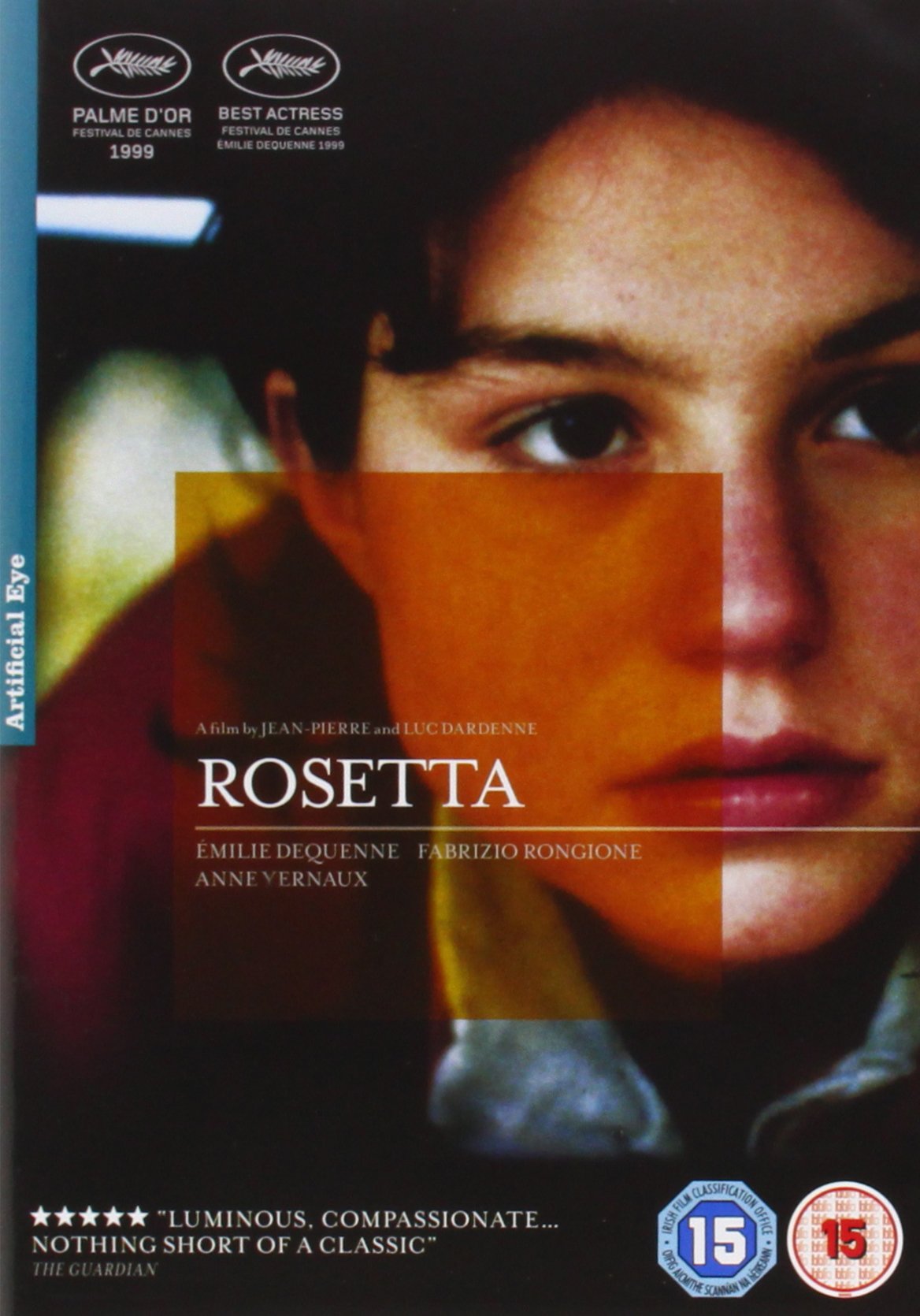
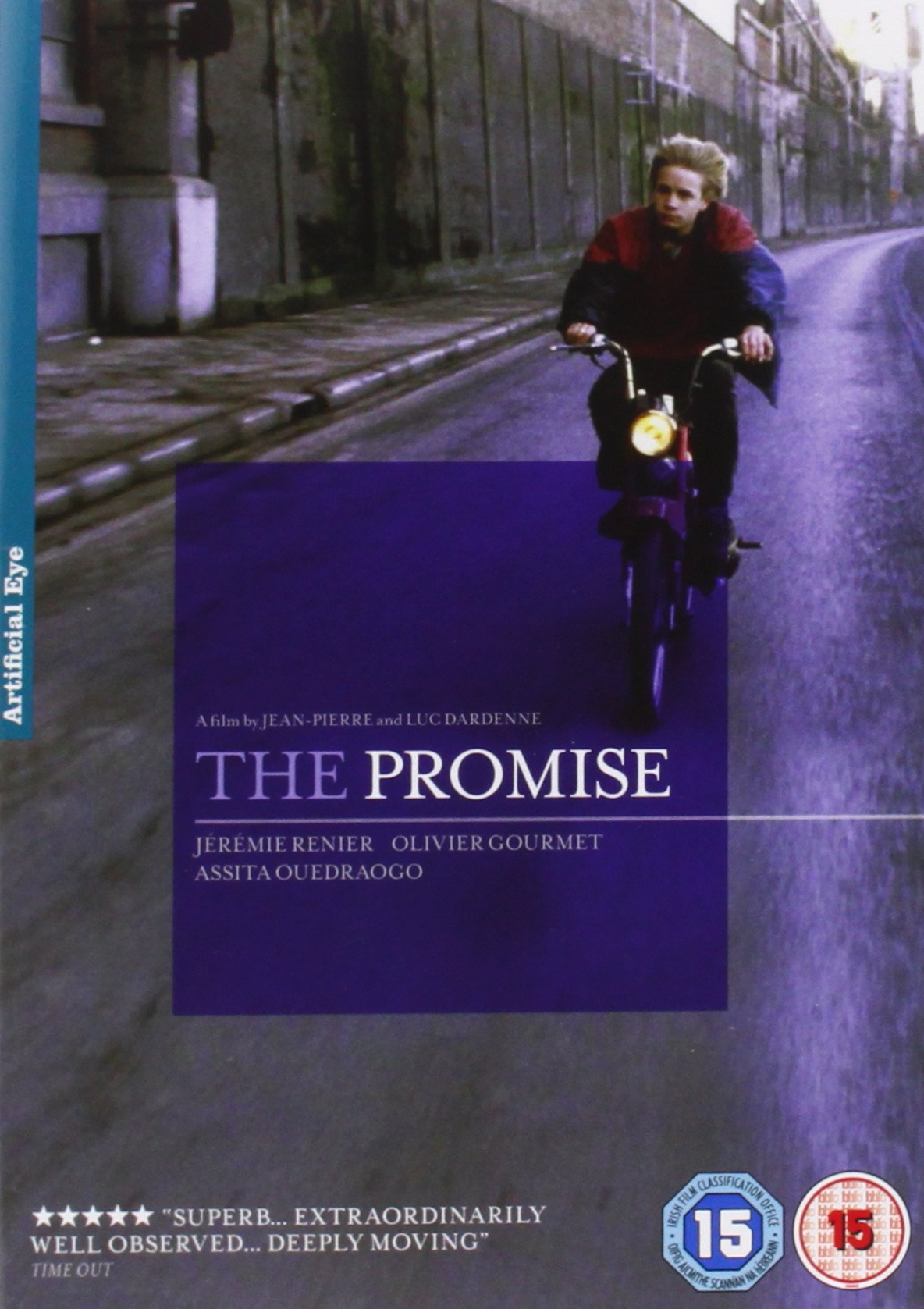
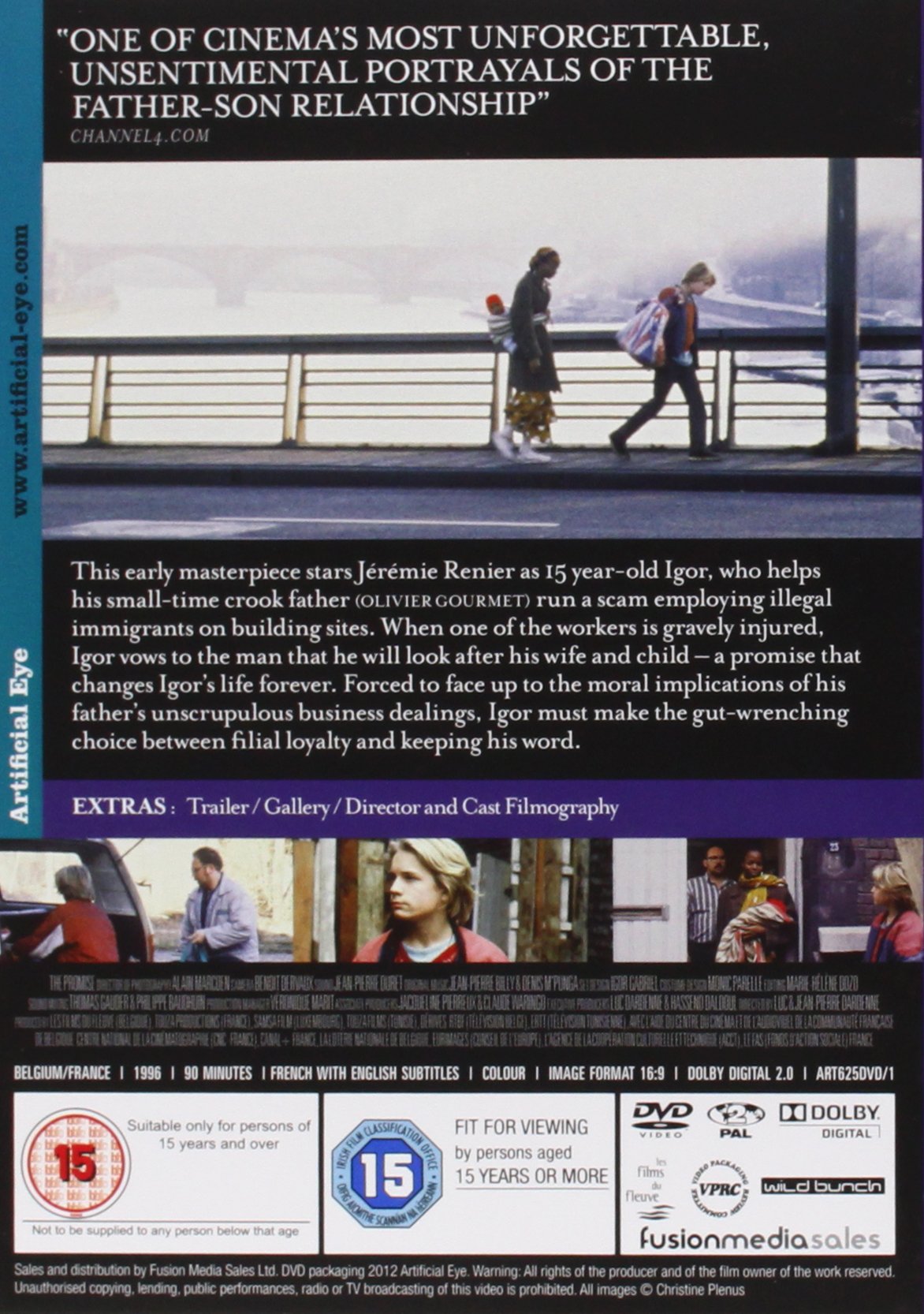
The Dardenne Brothers Collection Set
F**F
Modernist film brought full circle
There’s no better DVD box of great modern European films on the market than this exquisite set of 6 works from the talented Belgian filmmakers, Jean-Pierre and Luc Dardenne. Critically acclaimed and showered with festival awards, these films stand alongside the best Haneke, Almodóvar, Téchiné, Tarr, Kiarostami, Wong Kar-wai and Hou Hsiao-hsien have to offer us. Artificial Eye’s presentation is outstanding for a change (much better than their cheapo Angelopoulos boxes!), each film looking and sounding great with subtitles that do not fall off the bottom of the screen (as happens with AE’s Haneke films) and are clearly letter-boxed. Moreover, there are copious extras, the brothers proving to be very articulate and revealing of their methods in interview. Anyone interested in cutting edge film should buy this box and watch closely.The Dardennes started in the late 70s, pumping out around 60 documentaries. Their first feature films were Falsch (1987) and Je pense à vous (1992) which are rarely seen, especially now AE have deleted them from their catalogue! They first came into the spotlight with The Promise which won awards worldwide. Then came the Cannes Palme d’Or winning Rosetta, The Son, The Child (which also won the Palme d’Or), The Silence of Lorna and the Cannes Grand Prix winning The Kid with a Bike. Since then (but not included here) they have made Two Days, One Night which some regarded as a lesser work and then The Unknown Girl. A film on a Belgian teenager taking to militant Islam called Ahmed is pending. If pushed to evaluate the films of this set against each other I find little to choose between The Promise, Rosetta, The Son and The Child. They are all equally exquisite. The Silence of Lorna and The Kid with a Bike are also excellent, but fall slightly below the achievements of these four. They are still a million miles ahead of most of the dross out there though and I give them 5 stars.The thing that leaps out about the Dardennes is their intensely neorealist style. This, I think consciously, looks back to the great Italian neorealist films of the war and immediate post-war period. Directors like Visconti (Ossessione, La terra trema), Rossellini (Rome Open City, Paisà, Germany Year Zero), De Sica (Shoeshine, Bicycle Thieves) and Fellini (I Vitelloni, Le notti di Cabiria) all started off making a radical new kind of film which rejected polished sets, stars and the phony melodrama of the prevailing ‘white telephone’ films and the plush artificiality of Hollywood aimed at middle class audiences. The use of documentary style, amateur actors, location shooting, use of available light, and a focus on the lives of ordinary working class or marginalized disenfranchised people completely changed the way European film then was. It was the beginning of ‘modernist film’ – that is films which questioned and enquired into the normally accepted modes of cinematic representation. These Italian directors later developed away from neorealism, but never totally lost touch with their roots. At the same time directors in other countries took note, the influence reaching across the continent (especially in the films of the French New Wave) and across an ocean to Mexico (in Buñuel films like Los Olvidados) and Hollywood (film’s like Kazan’s On the Waterfront). The New Wave films of Godard and his Cahiers du Cinéma colleagues impacted across the world, changing an art form and changing the way earlier (especially Hollywood) films were regarded. Everything became ‘self-reflexive’ to use a very ‘in’ word with critics and filmmakers for whom Godard’s À bout de soufflé was a textbook just as revolutionary as Citizen Kane had been before it. The Dardennes of course know all this and (though they may not admit it!) wanted to go back to the roots of the modernist project, to make neorealist films in the present about disenfranchised people living on the edge of society in Belgium, young people, poor people, people without jobs, without prospects, illegal immigrants, street criminals, people basically trapped into a feral existence who have to fight to survive, just as the family in Aci Trezza fought in La terra trema or the father stole a bicycle to feed his family in Bicycle Thieves.Through these 6 films the Dardennes never leave the grimy area of Seraing, an industrial city near Liège where the brothers grew up and witnessed decline from a prosperous community to an area ridden with unemployment and urban decay. The area is so unflatteringly shot that you’ll make a mental note never to visit it! Each film poses a different problem for each respective protagonist and penetrates to the heart of the human condition in a manner reminiscent of Robert Bresson. The Promise has a boy fighting to keep hold of a sense of morality as his father uses him in a scheme to make money out of importing immigrants. A dying Burkina Faso man makes the boy promise to take care of his wife and baby and the film painstakingly charts the conflict in the boy between keeping his word and filial obedience. Rosetta spotlights a spirited teenager struggling to survive life with her drunken mother in a trailer park. Too young to claim welfare, she has to fight, lie and snitch to eke out an existence. The Son finds a correctional workshop carpenter coming to terms with having to teach a boy who he knows has just done time for killing his son. The Child has a feckless street lowlife who, selling his baby for hard cash, confronts his own evil and undergoes redemption. The Silence of Lorna features more plot in its first 30 minutes than the whole of the previous 4 films put together, but again it boils down to the moral dilemma of an immigrant girl who buys her residency papers by selling the life of her junkie ‘husband’ only to discover that she loves him. Finally, The Kid with a Bike charts the plight of a poor boy abandoned by (and trying to connect with) his father. He bounces from state care to adoption and falls prey to street gang culture.The grimy realism is pervasive (the cinematographer on all 6 is Alain Marcoen), and it’s accentuated by the persistent use of the handheld camera which follows protagonists insistently, obsessively even, especially the title character of Rosetta and the father in The Son. We seem to enter the heads of these anxious protagonists and ‘feel’ the consequences of their actions as much as they do. As per the Bressonian remit, there is no comforting background score, no gesture to the audience to make us feel ‘at home.’ We are instead plunged into the various worlds of despair and made to feel as wretched as the characters do. This is hardly ‘entertainment’ (if you want that go watch Transformers), but it is deeply revealing about the way these characters feel and is something that has barely been seen in the cinema since the heyday of Italian neorealism. Even then, there were sentimental sops to the audience in the form of cute children reacting to the horrendous actions of adults, but here the children are part of the horror we see, their behavior growing out of the dismal environment they inhabit. The bald intensity of the Dardennes’ stare exposes characters who react frantically, but invariably advance just fractionally in the wider scheme of things. The dilemmas of the various characters are never clearly resolved just as in real life there are never easy answers. The overwhelming intensity is starkly unremitting, but there is the odd spark of release which when it comes has the effect of the clouds parting and revealing a blinding ray from the sun. To say where these rays fall would be telling too much here, but just to give an example, in Rosetta where the title character is permanently glum throughout there is a single moment where she smiles and the effect is of the ground shaking beneath one’s feet. That is the strength of emotion that these films consistently achieve, and it is something to savor in a world where films generally have become so sanitized, pre-packaged and predictable.Working closely within the neorealist style there is of course a feast of quite sensational acting. It’s perhaps invidious to single out individuals from casts which inhabit their roles with a uniformly high level of naturalness. But 3 clearly scream out to be named. Jérémie Renier is quite awesome in 4 of these films, especially in The Promise and The Child. Then there’s Olivier Gourmet appearing in 5. He’s superb in The Promise, and simply magnificent in The Son. And of course it’s impossible to forget the wonderful Émilie Dequenne giving a jaw-dropping performance as Rosetta. Firmly in the neorealist tradition, none of these actors were famous at all before the Dardennes cast them. Perhaps also taking a leaf from Bresson and his ‘models,’ the lack of baggage non-stars bring pays dividends in films which grip like a vice and refuse to let you go until the end. Even after the final credits have rolled you’ll find them praying on your mind for days after.I will review each film separately, but for now I just leave the basic details of each film…THE PROMISE (La promesse)*****(1996, Belgium/France, 90 min, color, aspect ratio: 16:9, sound: Dolby Digital 2.0, language: French, subtitles: English)EXTRAS: Trailer / Gallery / Director & cast filmographyROSETTA *****(1999, Belgium/France, 90 min, color, aspect ratio: 16:9, sound: Dolby Digital 2.0, language: French, subtitles: English)EXTRAS: Cannes awards and acceptance / Interview with the Dardennes (1996) Trailer / Gallery / Director & cast biographies and filmographiesTHE SON (Le fils) *****(2002, Belgium/France, 100 min, color, aspect ratio: 16:9, sound: Dolby Digital 5.1, language: French, subtitles: English)THE CHILD (L’Enfant) *****(2005, Belgium/France, 92 min, color, aspect ratio: 16:9, sound: Dolby Digital 5.1, language: French, subtitles: English)EXTRAS: Interview with the Dardennes / Director biography and filmography / Trailers (Dardenne films)THE SILENCE OF LORNA (Le silence de Lorna) *****(2008, Belgium/France/Italy, 101 min, color, aspect ratio: 16:9, sound: Dolby Digital 5.1, language: French, subtitles: English)EXTRAS: Interview with Arta Dobroshi (15 min) / Interview with the Dardennes (2008) (37 min) / TrailerTHE KID WITH A BIKE (Le gamin au vélo) *****(2011, Belgium/France/Italy, 83 min, color, aspect ratio: 16:9, sound: Dolby Digital 5.1, language: French, subtitles: English)EXTRAS: Documentary: Return to Seraing with Jean-Pierre & Luc Dardenne (31 min) / Interview with Cécile de France (18 min) / Trailer
P**M
Six magnificent films
Six excellent films at a bargain price.What I particularly like about the Dardennes' 'format' is the open-endedness of their films; no back story, no neat conclusions and no easy answers. Typically the narratives present profound existential and moral crises lived out in the very unremarkable context of workaday urban Brussels..Usually the 'action' unfolds over a relatively short period of time. The plots are not particularly complex, but they are very finely nuanced.There are some excellent performances here and watching the films back to back over a week it's been interesting to watch the Dardennes' cast regulars getting older, but often playing very different characters with unaffected naturalism. Regulars Jeremie Renier and Olivier Gourmet in particular are extremely accomplished actors and Emilie Duquenne's performance as proud, angry and damaged 15-year-old Rosetta is magnificent.The female roles are multi-faceted, credible and, best of all, they are agents in their own existence rather than merely the victims or accomplices of male characters.
S**S
Belgian Classics
This box set contains six early Dardenne Brothers' classics. Often described as the Belgian en Loach, the brothers' films highlight social issues such as migration, expolitation, and poverty, and all are covered in this set. My favourite is 'Rosetta', at the end of this film i just wanted to give Rosetta a big hug.
A**N
At this price, it's a bargain !
Was first looking for a Dardenne set on Amazon.fr but did not find anything that would have suited me. And as it is often the case, Amazon.co.uk offers good and/or better deals on French-speaking movies. So, your move now !
N**S
A Quality Box set
good set of French Language films with English Subtitles. Enjoyable, well made films and not too long.
D**B
Five Stars
Excellent Box set. Inner sleeves for the dvd's good quality.
M**W
Thank you
Thank you for prompt delivery of these excellent films
J**N
Brilliant
A box full of film-watching joy.
Trustpilot
2 weeks ago
1 month ago